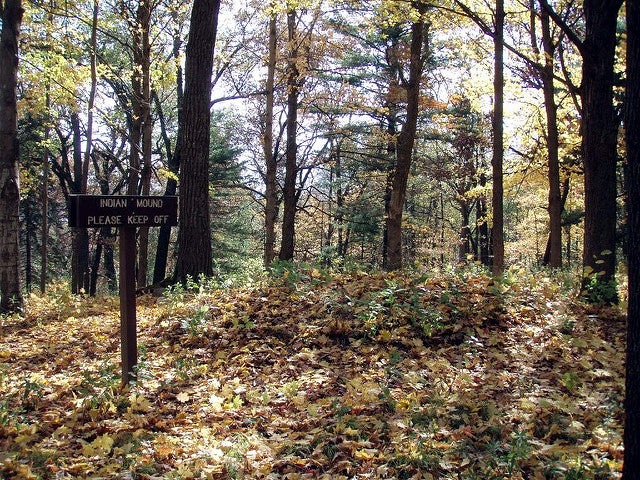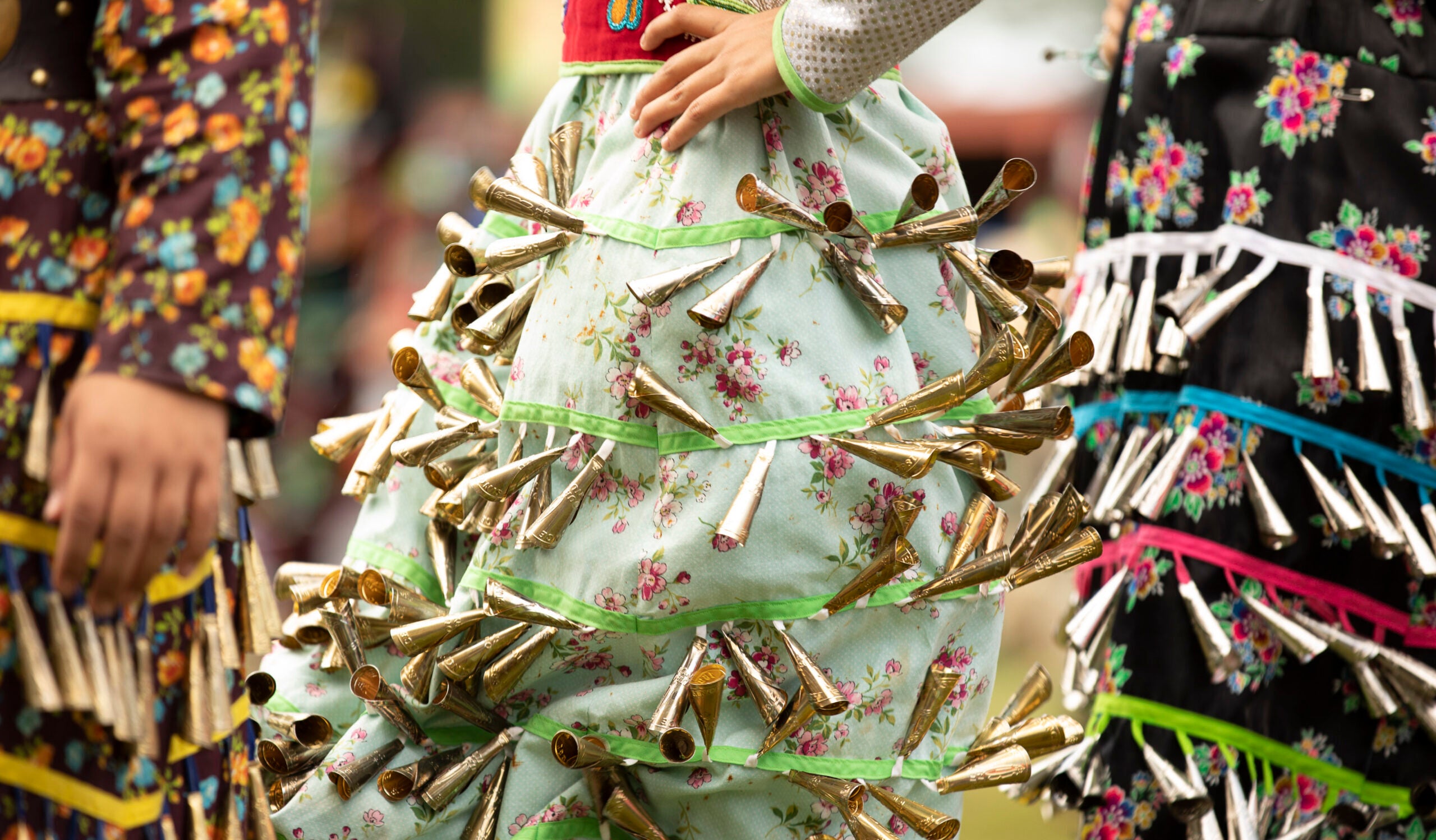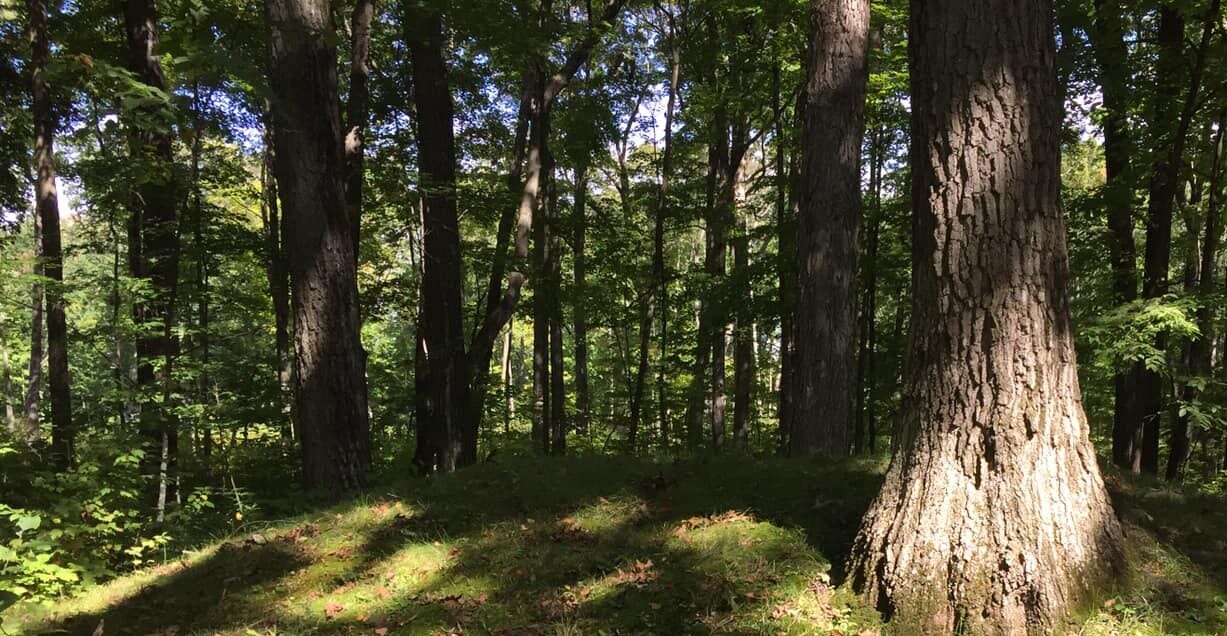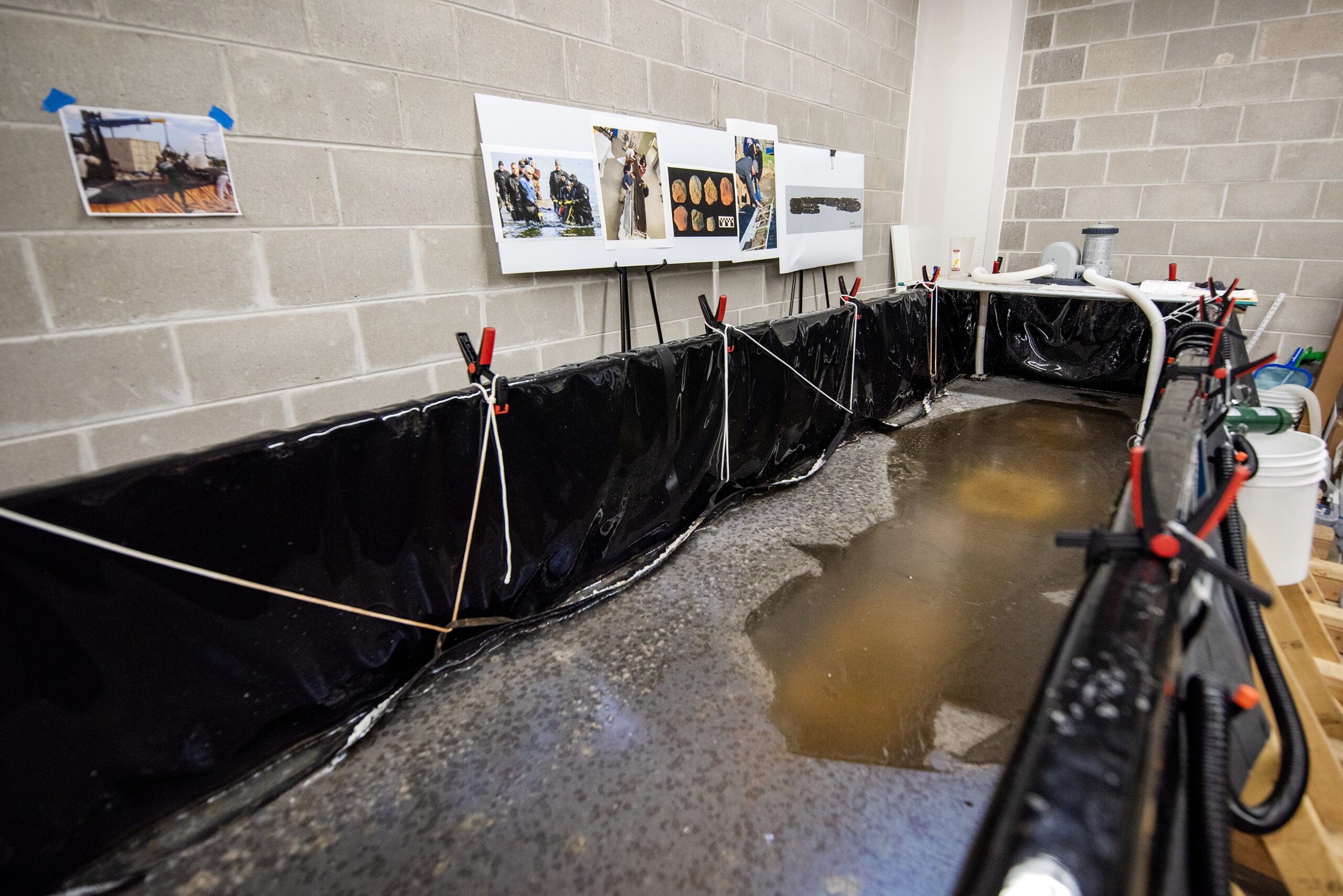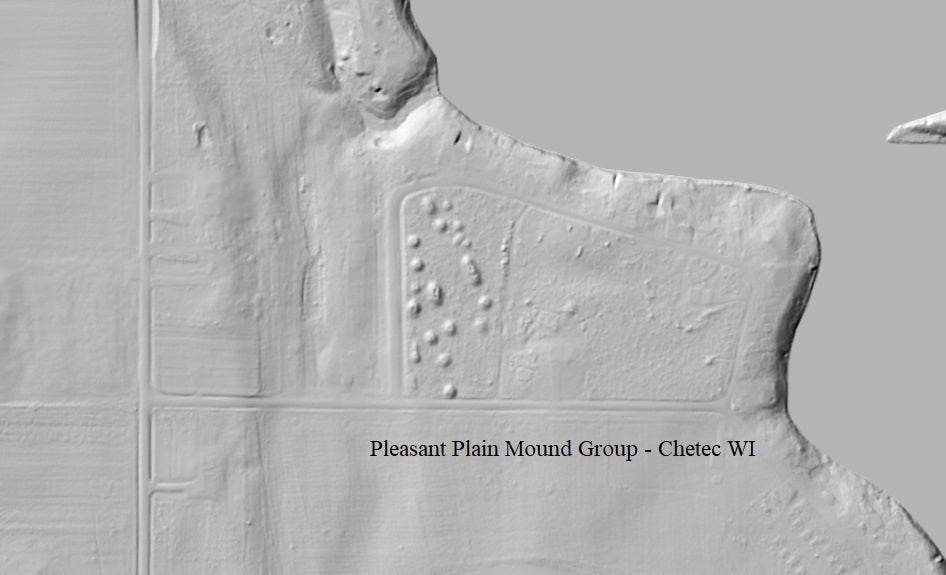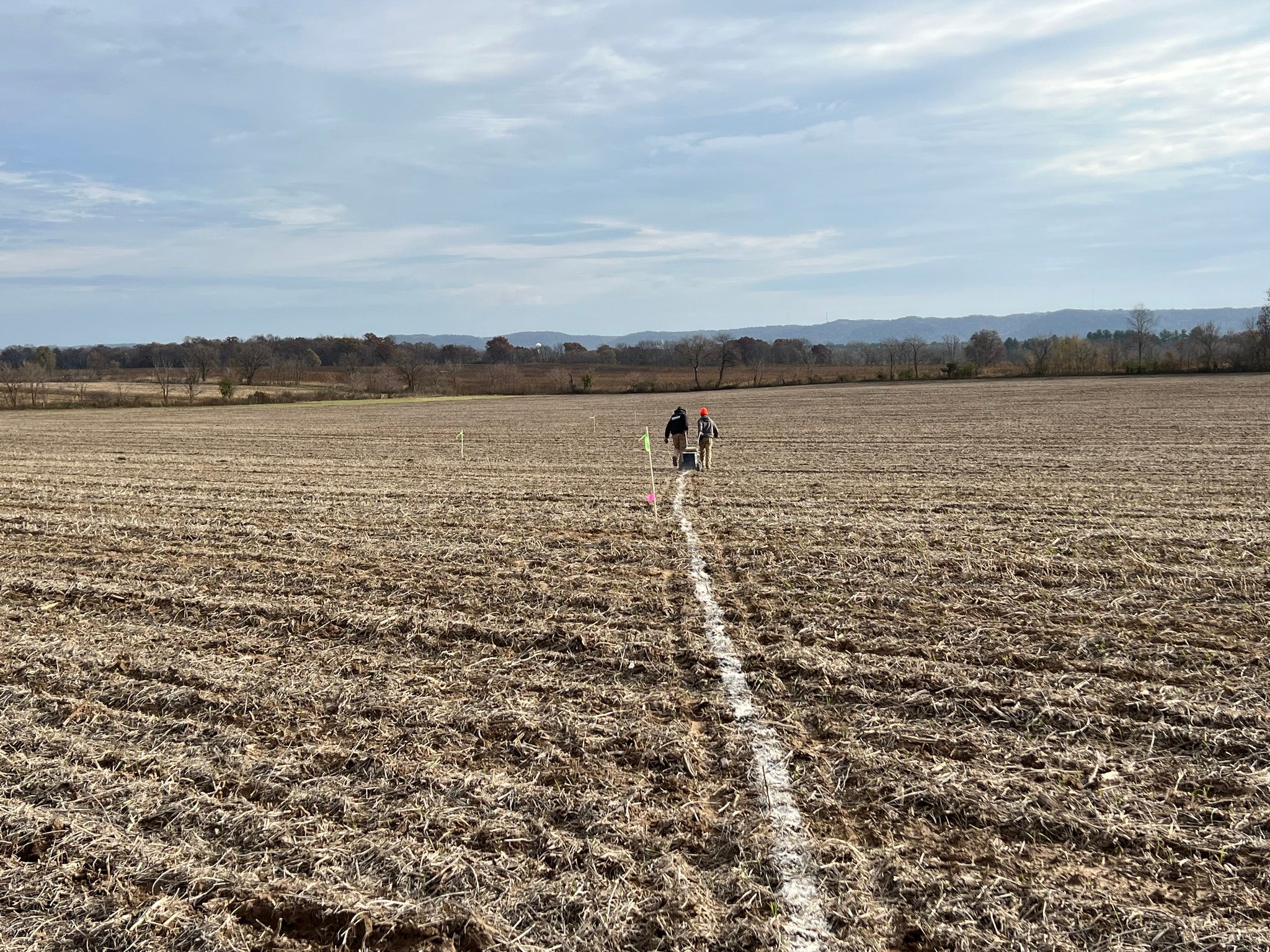Wisconsin would more clearly spell out protections for tribal burial sites under a measure making its way through the Legislature.
The plan was prompted by another bill introduced two years ago that would have made it easier for landowners to excavate and potentially develop Indian mounds.
The Ho-Chunk Nation’s Jon Greendeer told state senators at a recent public hearing that after the original bill, tribal leaders learned many lawmakers did not realize mounds were sacred.
Stay informed on the latest news
Sign up for WPR’s email newsletter.
Jon Greendeer, left, stands with Kathy DeCamp, right, a legislator for the Ho-Chunk Nation in the state Capitol. Shawn Johnson/WPR
“A lot of the people that had signed on to the original legislation actually felt like mounds were just piles of dirt,” Greendeer said.
Greendeer said that’s partly because of a lack of education and partly because many Native Americans are raised to not talk about death.
“It was just something that we don’t talk about,” Greendeer said. “It’s a very uncomfortable subject for a lot of the traditional folks because we do not talk about graves and bodies and burials.”
This latest bill, which was written with the help of members of the public, would specify when the Wisconsin Historical Society can protect a burial site and when a landowner can challenge those decisions.
It would also increase the setback around burial sites from 5 feet to 10 feet.
The bill cleared the full Assembly on a voice vote in late November and had a hearing in a Senate committee last week.
While nobody has reported lobbying against the plan, Wingra Construction President Robert Shea opposed it when it was introduced, arguing it would give the state more power to unilaterally seize land.
Shea was a driving force behind the original bill that would have given developers more power to excavate burial mounds.
Wisconsin Public Radio, © Copyright 2025, Board of Regents of the University of Wisconsin System and Wisconsin Educational Communications Board.
